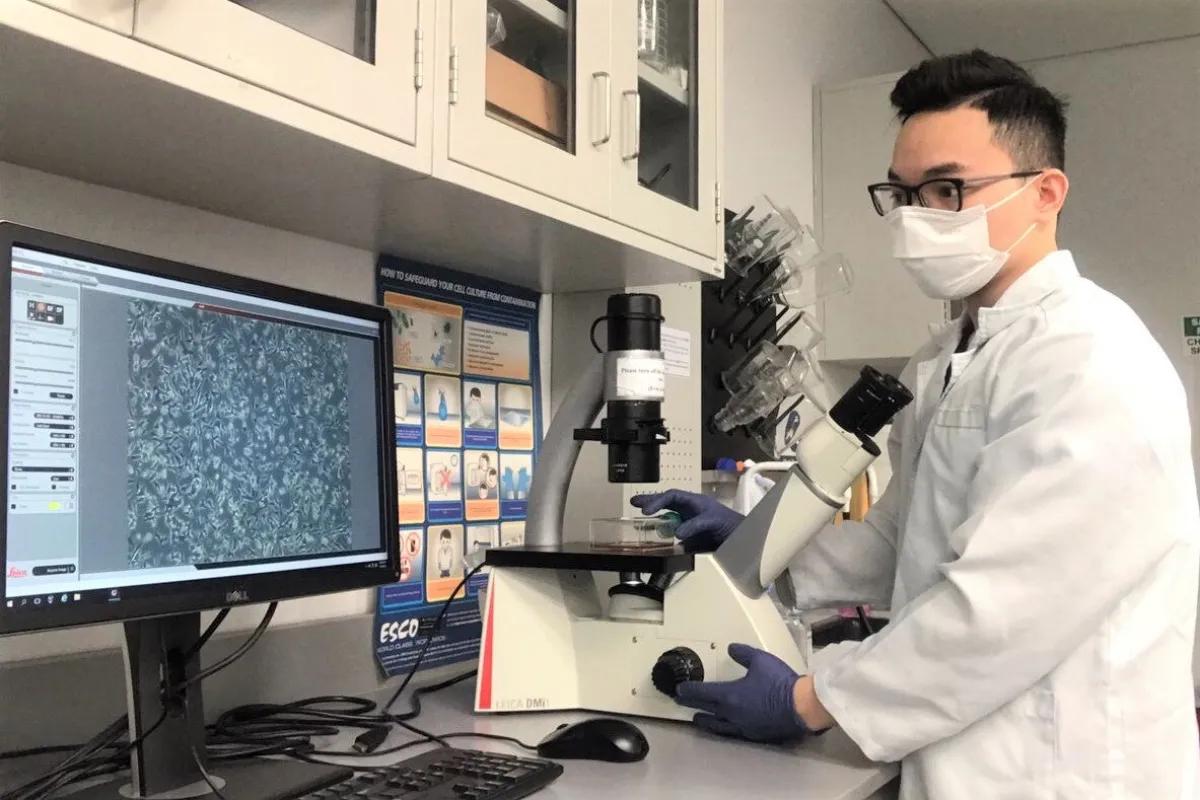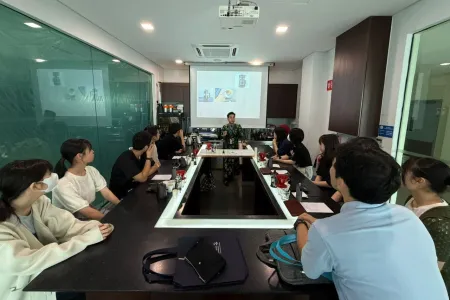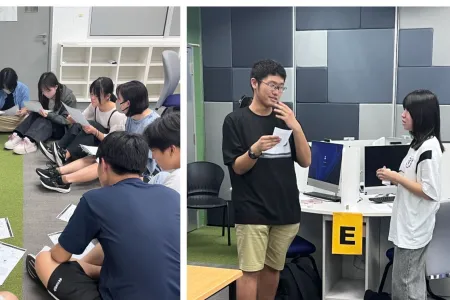DBS Postgraduate’s Publication on Long COVID-19 Gains Global Attention
During his undergraduate days in the Department of Biological Sciences (DBS), Yong Shin Jie expressed to his lecturers his passion in scientific writing. Indeed, Shin Jie published his first ever paper in the journal Frontiers in Neuroscience when he was a Year 3 undergraduate! Since then, he has never looked back and already has six Scopus-indexed publications to his name! A seventh paper is expected to come out as a pre-print.
Shin Jie noted, “During my final undergraduate year, my lecturers, Dr Audrey Lim and Dr Jactty Chew offered me a literature review project. This project took one year from initiation to publication. During that year, I had ample training in dissecting and synthesizing hundreds of scientific papers, and presenting them in a coherent write-up. Fast forward two years now, I’ve authored five more review papers and built a separate career as an independent science writer. This is my hope: to be financially stable doing what I enjoy, that is, science writing.”
Shin Jie’s most recent paper in 2021 entitled, “Long COVID or post-COVID-19 syndrome: putative pathophysiology, risk factors, and treatments” published in Infectious Diseases, Volume 53 (Issue 10) addressed the information gaps on the possible pathophysiology, risk factors, and treatments in long COVID. To date, his paper has been cited 96 times by international researchers around the world – this is a testimony to how highly influential his paper is among researchers working on COVID-19.
Shin Jie is currently pursuing his Masters in Life Sciences with Associate Professor Audrey Lim Wei Ling and Dr. Jactty Chew on “Neuroprotective Potential of Human β-defensin-3 in Rotenone-induced SH-SY5Y Cell Model of Parkinson’s Disease”.
If you would like to follow Shin Jie’s scientific writing, please check out his popular science website here. His Google Scholar Profile is: Yong Shin Jie’s Google Scholar Profile. We at SMLS are proud to have PG students such as Shin Jie with such passion in research. and we wish him all the very best in his scientific writing career.






